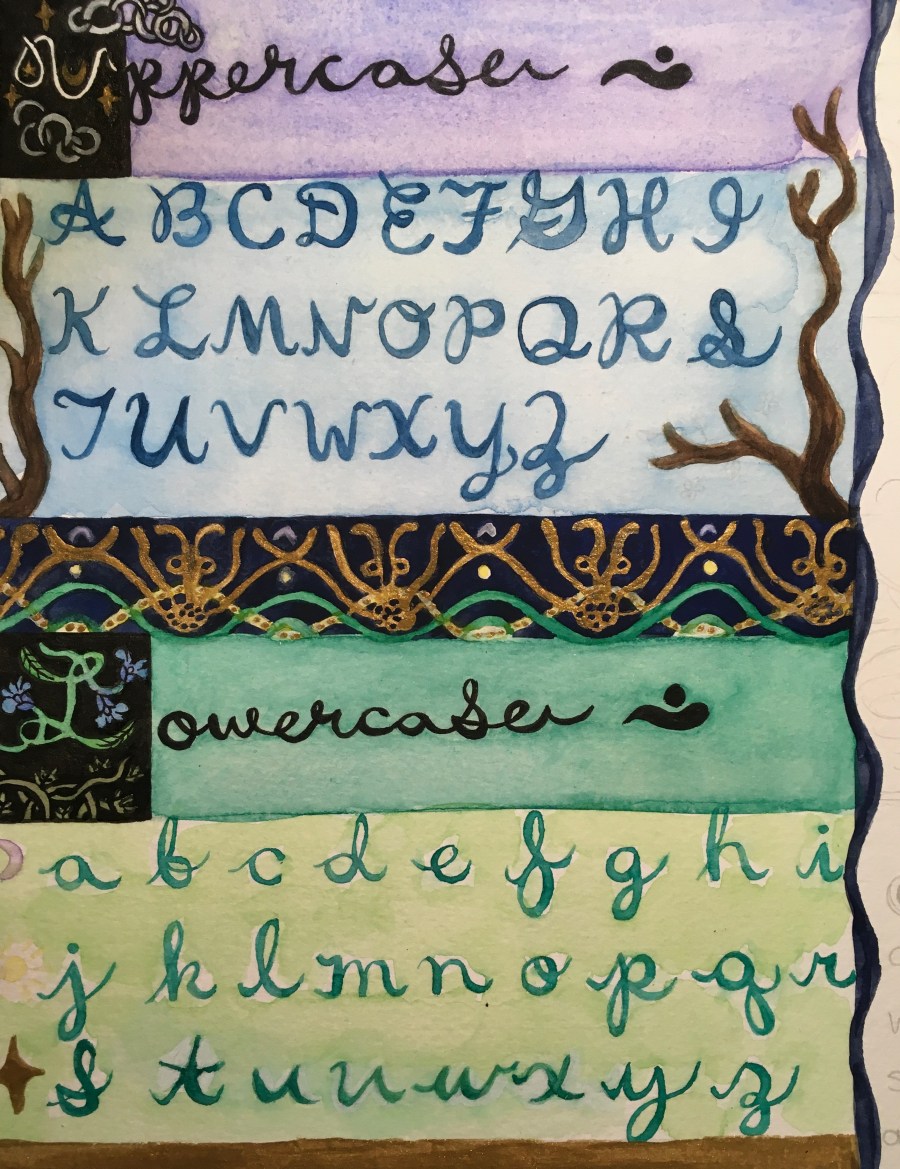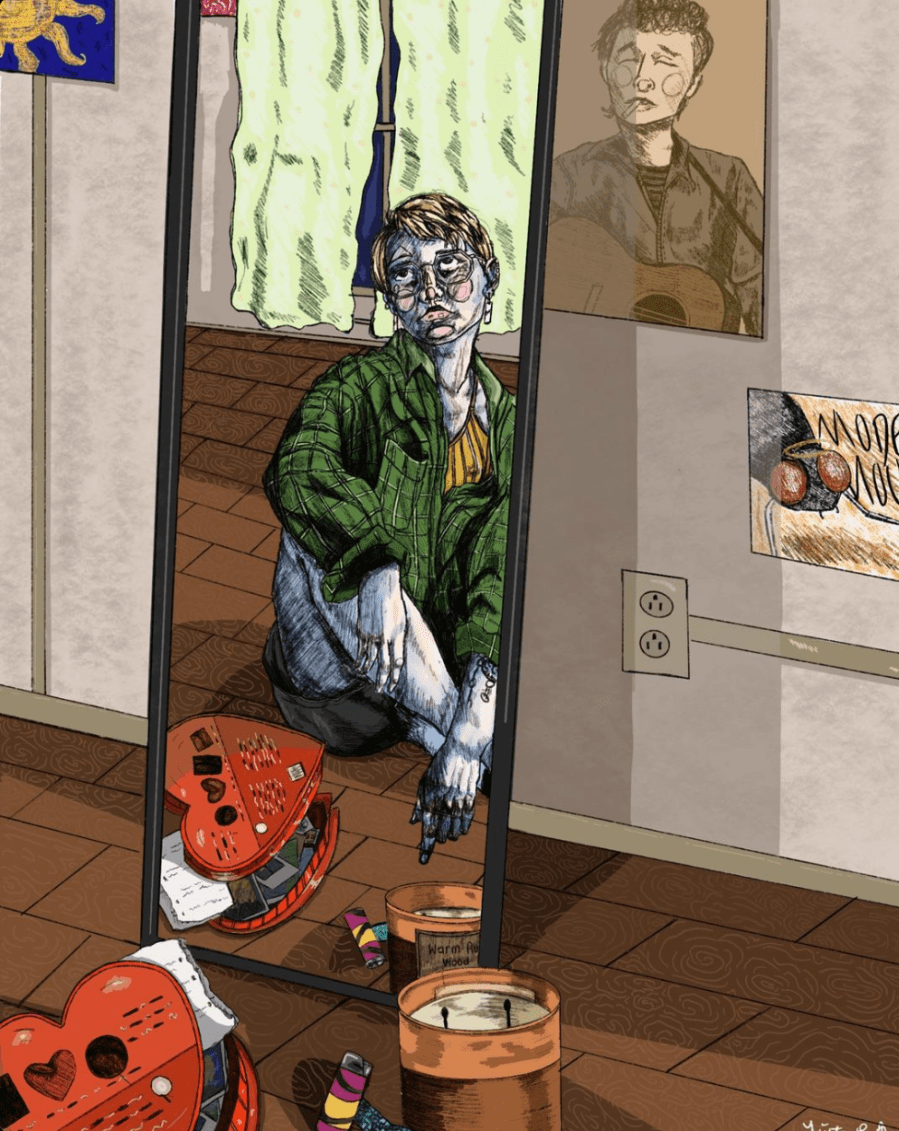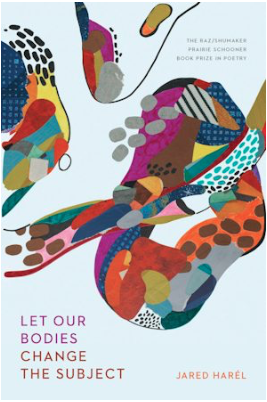By Craig van Rooyen
1.
Nowhere in history will you find Craig followed by
“the Great” or preceded by “His Excellency,”
though many have been excellent
at diagramming sentences and choosing crisp apples
and braiding their daughters’ hair.
2.
There are no Craigs in the Old Testament or the New
but yourdestinyblueprint.com says we are
useful, friendly, and prone to suffer from a bottomless hunger.
Which must be why I find myself in unmatched socks
on the bare patch of earth overlooking town every morning.
I am useful here because I am walking the dog.
No one questions the usefulness of a man walking a dog.
But really I’m here to watch the 6:30 Amtrak
head south toward L.A. where 10 million suns rise
in a city of panes and Craig’s is about to open on Melrose –
a place a man can start with baked french toast and move on
to southern fried chicken on corn pancakes
smothered in maple syrup.
3.
We are known for our lists of gently used or
used up things, where you can find a spittoon for $50
and for only ten, a vintage wooden ironing board that
has been intimate with the underarms of 10,000 shirts
worn by various middle managers since 1892.
4.
The first of us must have lived
up some Scottish canyon, content to stay
in the crag with stonechats and sparrows
until the townspeople named the person for his place,
a type of blurring that persists in this variety
of boys and men who have done so little of note
they are known not by their achievements
but by the space they take up in the world:
Crag dwellers, a half-rung above cave men.
5.
Over the history of the modern Olympic games,
our seven medalists brought home
bronze twice and exactly five silvers.
6.
Our numbers dwindle. In 1967, I was one of 7,310 Craigs
born in the U.S. By 2017, American parents chose the name
just 207 times. By all rights we are ready to take our place
on the endangered species list along with the Birdwing Pearlymussel
and the Bandrumped Storm Petrel, creatures that appear
nowhere on stamps or posters, and still are holy in their way.
7.
Broken yellow stripes spangle the ribcage of
the Santa Cruz Long-Toed Salamander.
The last few, with their evolved tail fins and
absurd toes, like to live near slow-moving streams
and are apparently useless to humankind.
Do you see now that a list can also be a psalm?
8.
On the graph of Craigs, the plunging line predicts
the last of us will be born in 2032.
If I could, I’d tell that last Craig to have only daughters
and try to learn the french braid. I’d tell him
to take up everything that is everything to him
in his own hands every day and, fistful over fistful, weave
the trinity of brown strands into a shining rope, taking care
not to miss the sun-bleached strays around
his girl’s temples and the nape of her neck, knowing
when the time comes he must find a way to let it go.
Read More











